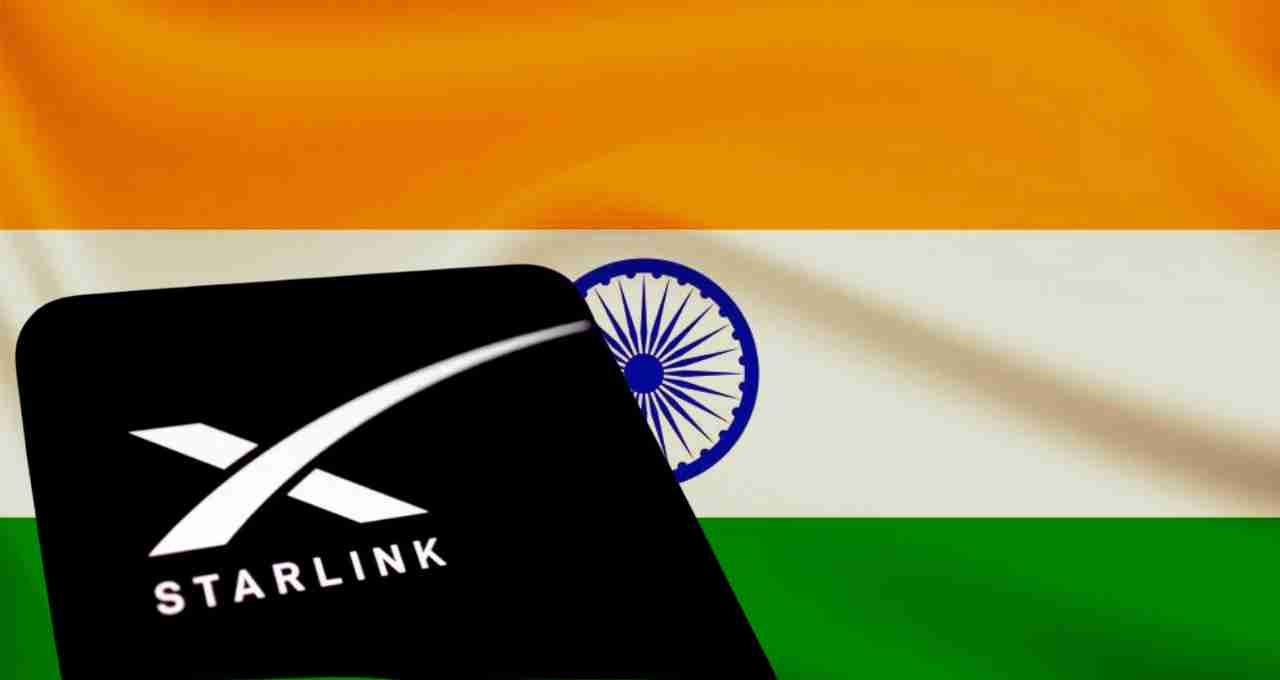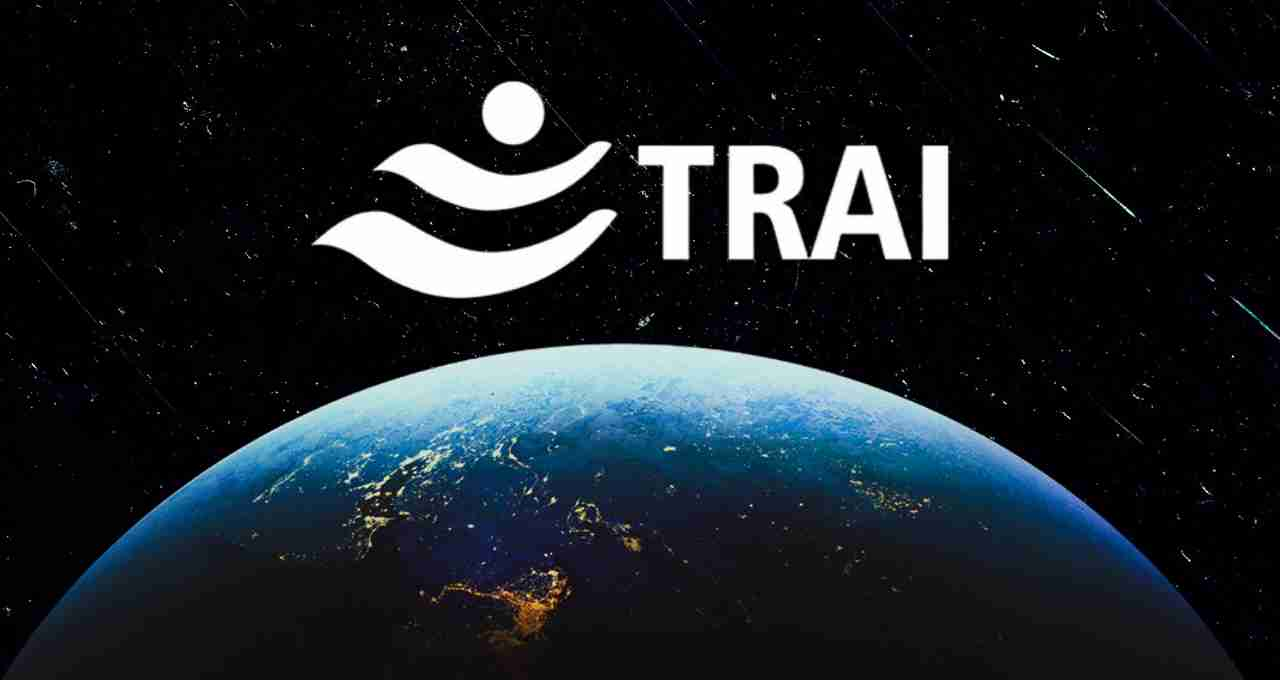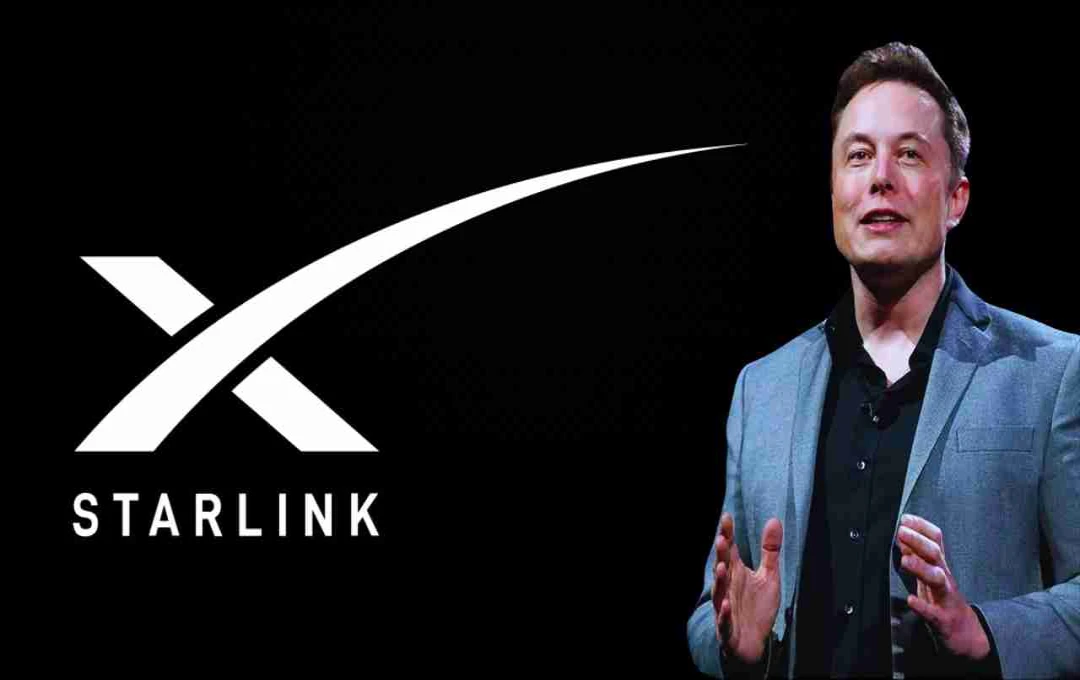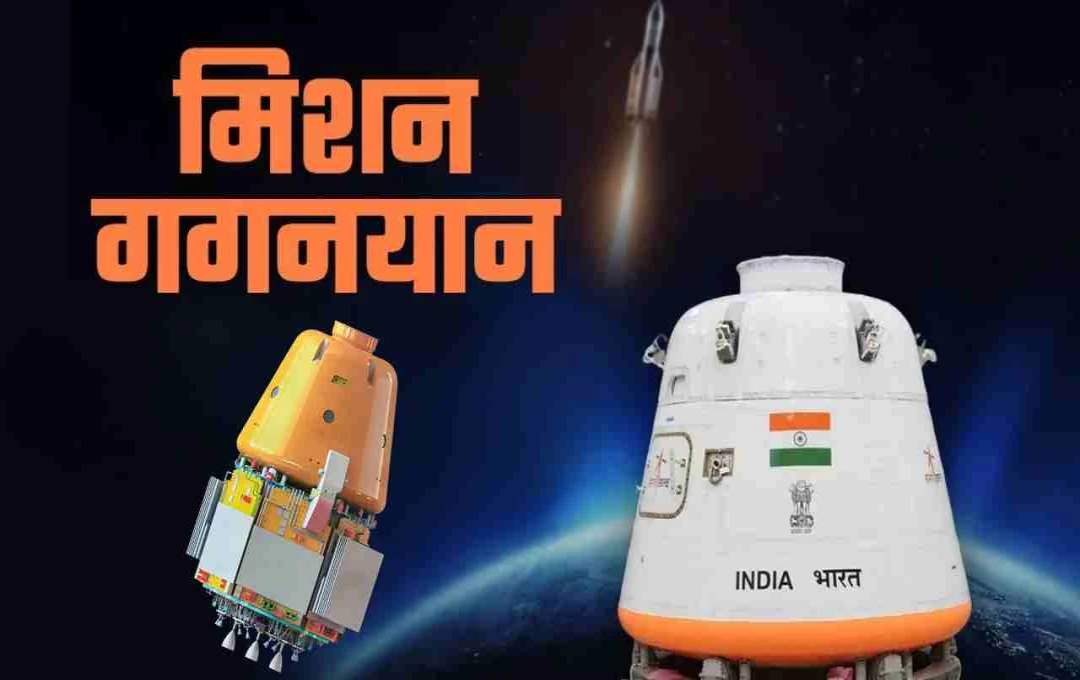Elon Musk's Starlink satellite internet service may soon launch in India. Telecommunications Minister Scindia stated that the company is receiving the necessary approvals and trials will begin shortly. The aim is to reach millions of users.
Starlink: Elon Musk's satellite internet service, Starlink, is poised to enter the Indian market. The company is expected to receive the necessary government approvals to commence operations in the country. Union Communications Minister Jyotiraditya Scindia recently revealed in an interview that Starlink has already been issued a Letter of Intent (LOI) by the Department of Telecommunications (DoT) and is awaiting final approval from IN-SPACe (Indian National Space Promotion and Authorisation Centre).
Starlink's Entry into India: What's the Process?

IN-SPACe approval is mandatory for launching any satellite-based internet service in India. This organization is responsible for licensing and certification of satellite and space-based services. OneWeb and Reliance Jio already hold licenses from IN-SPACe. Starlink is nearing completion of this process. The Communications Minister stated that Starlink's licensing process is almost complete, and the company can begin trials and operations upon receiving final approval.
Trial and Spectrum Testing Preparations
After receiving its license, Starlink may be allowed to begin trials under a limited spectrum allocation. This process was previously followed with OneWeb and Reliance Jio. Subsequently, the Telecom Regulatory Authority of India (TRAI) will formulate a framework for spectrum allocation for commercial use. This indicates that Starlink's commercial operations in India are imminent.
Amazon's Project Kuiper Also Poised to Enter India
Similar to Starlink, Amazon-backed Project Kuiper plans to launch its satellite internet service in India. Sources indicate that Kuiper is preparing to establish two major Points of Presence (PoP) in Mumbai and Chennai, along with 10 satellite gateways. The company has requested the Department of Telecommunications to issue an LOI for a GMPCS (Global Mobile Personal Communication by Satellite) license. This application was submitted in May, prior to Starlink receiving its LOI.
TRAI Revises Satellite Spectrum Charges

The Telecom Regulatory Authority of India recently implemented new spectrum charge regulations for satellite operators. Under these regulations, all satcom operators must pay 4% of their Gross Adjusted Revenue (AGR) as spectrum charges. Additionally, an annual charge of ₹500 per user will be levied on urban consumers, while rural areas receive relief. All satellite operators will also be required to pay an 8% license fee.
Subsidy Suggested for Rural Areas
TRAI also suggested that the high cost of satellite terminal devices, ranging from approximately ₹20,000 to ₹50,000, could hinder service expansion in rural areas. Therefore, subsidies should be provided for consumers in these regions. However, the Cellular Operators Association of India (COAI) objected to this proposal, arguing that the prescribed charges for satellite services are significantly lower than those for traditional mobile networks, potentially creating market imbalance.
Starlink to Offer Affordable Unlimited Plans in India

Elon Musk's SpaceX plans to launch Starlink's satellite internet service in India at affordable rates. According to media reports, Starlink may offer an unlimited data plan for approximately ₹840 (USD 10) per month as an initial promotional offer. This price point could be crucial in attracting customers in a competitive market like India.
Starlink's Goal in India: Reaching Millions of Users
Starlink and other satellite internet companies aim to rapidly expand their user base in large, rapidly growing digital markets like India. These companies aim to reach over 10 million users in the coming years. This large customer base will help offset high spectrum charges and operational costs, contributing to the success of their services in India.
How Does Starlink Internet Work?
Starlink's service delivers high-speed, low-latency internet directly to a user's router via satellites. Latency refers to the time it takes to send and receive data, which is crucial for online gaming, video calling, and streaming.
A Starlink kit includes a specialized satellite dish, Wi-Fi router, power cable, and mounting tripod. This dish must be installed in an area with a clear view of the sky for optimal signal reception. Furthermore, Starlink's mobile app (available for both iOS and Android) simplifies setup and monitoring.













